Museveni insists on value-added exports to grow Africa’s industries
According to Museveni, Uganda’s industrial base has expanded due to a sustained focus on mandatory value addition.
According to President Yoweri Museveni, Uganda’s industrial base has expanded due to a sustained focus on mandatory value addition. (Photos by Maria Wamala )
________________
President Yoweri Museveni has reiterated his call to African heads of state under the African Union to enforce laws that prevent the export of unprocessed products.
He said this should be supported by efforts to reduce non-tariff barriers. His remarks were delivered by Vice President Jessica Alupo during the celebrations to mark African Industrialisation Day at Speke Resort Munyonyo.
African Industrialisation Day is celebrated every November 20 and is preceded by a week of manufacturing-related activities and discussions on how to promote industry, collectively known as the African Industrialisation Week.
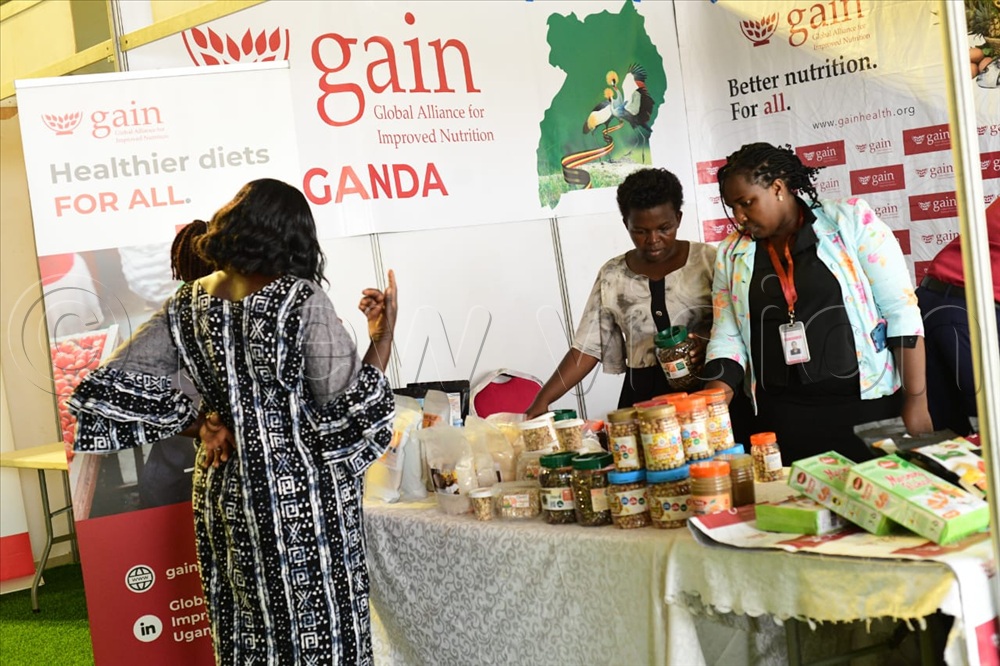
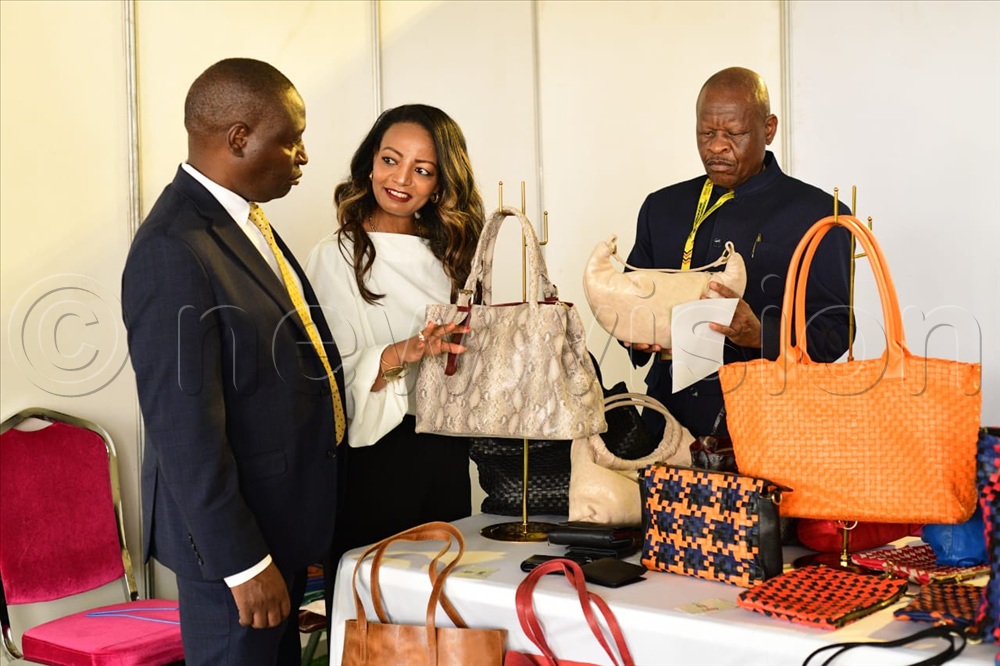
According to Museveni, Uganda’s industrial base has expanded due to a sustained focus on mandatory value addition.
“When we insist on adding value to milk, to coffee, to raw minerals, it is simple strategic sense. Coffee costs two dollars when exported raw, and when processed, it fetches 20 to 50 dollars. That is ten times more value, for the same coffee beans,” Museveni said.
He added that through Uganda’s industrialisation efforts, the economy has grown from $4 billion in 1986 to $61.3 billion in the Financial Year 2024/2025, with manufacturing contributing 15.6 percent, equivalent to $9.6 billion to GDP.
In terms of exports, manufactured goods account for about 24 percent, or $2.4 billion, of Uganda’s total exports worth $10.6 billion.
He noted that in 1986, Uganda was not exporting any manufactured products and was instead importing almost everything it needed.
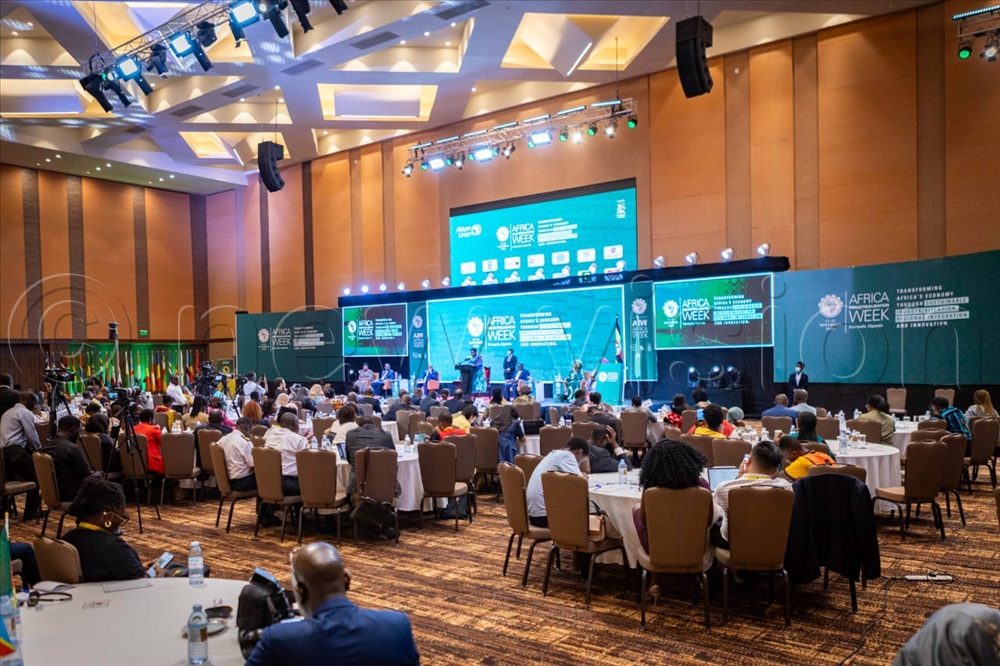

Due to the enforcement of industrial development initiatives, Museveni said Uganda is now a net exporter of goods that were previously imported, such as soap, sugar, milk, salt, cooking oil, soda, beer, cement, steel and paper.
Over the last 15 years, 31 additional value-added products have been added to the export basket. These include steel, cement, ceramic tiles, pharmaceuticals, paper, processed foods, dairy products, casein, cosmetics and textiles.
For industrial gains to be sustained in Uganda and across Africa, Museveni called for action to address persistent challenges such as limited investment in agricultural development, a shortage of skilled labour, inadequate investment in value addition technologies, fragmented markets, underdeveloped infrastructure and interference with the private sector.
In addition to industry-wide issues, participants at the week-long activities discussed challenges facing small and medium enterprises, women-led industries and financing constraints. They also explored solutions that could help youth start-ups scale their operations.
During an earlier session, the Uganda Free Zones and Export Promotion Authority encouraged SMEs struggling to access manufacturing space to utilise Free Zones industrial parks.
Rebecca Nalumu, the director of special economic zones at UFZEPA, said some premises can be accessed on a lease basis while others attract only a modest fee.
She explained that SMEs in these zones are grouped according to their production type and linked to buyers, citing the special economic zone at Entebbe International Airport, which is supporting horticulture-focused SMEs.
In addition to market access, SMEs in the Free Zones are connected to government financing programmes such as the Agriculture Credit Facility, GROW loans for women, and the Parish Development Model, which allocates 30 percent of its funding to women and another 30 percent to youth, as well as financing from development partners.
Sector players attending the African Industrialisation Week also highlighted the importance of partnerships in addressing industry challenges, particularly for women and youth.
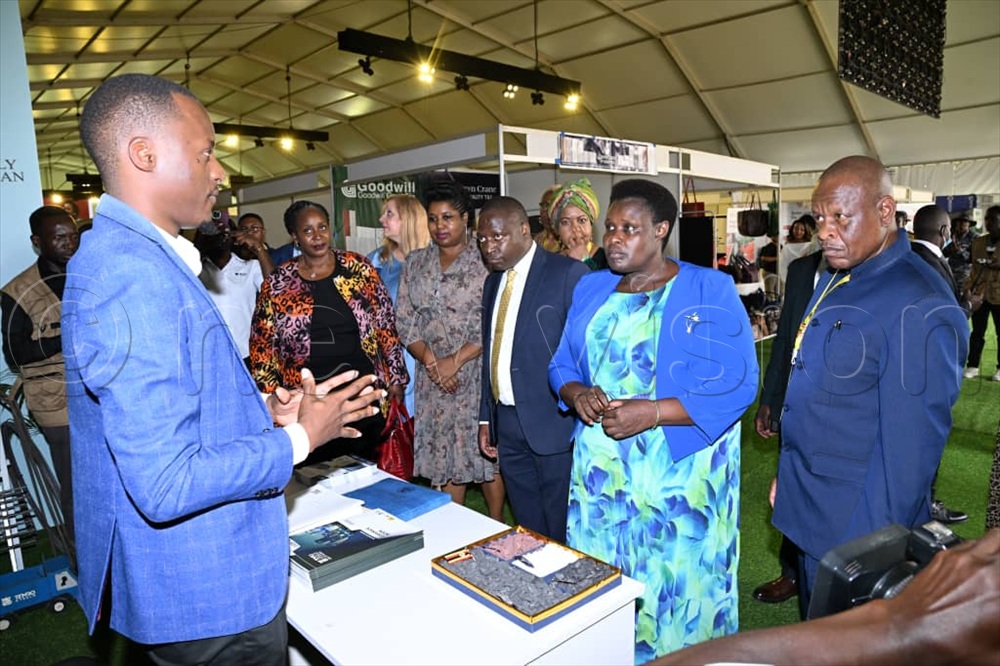
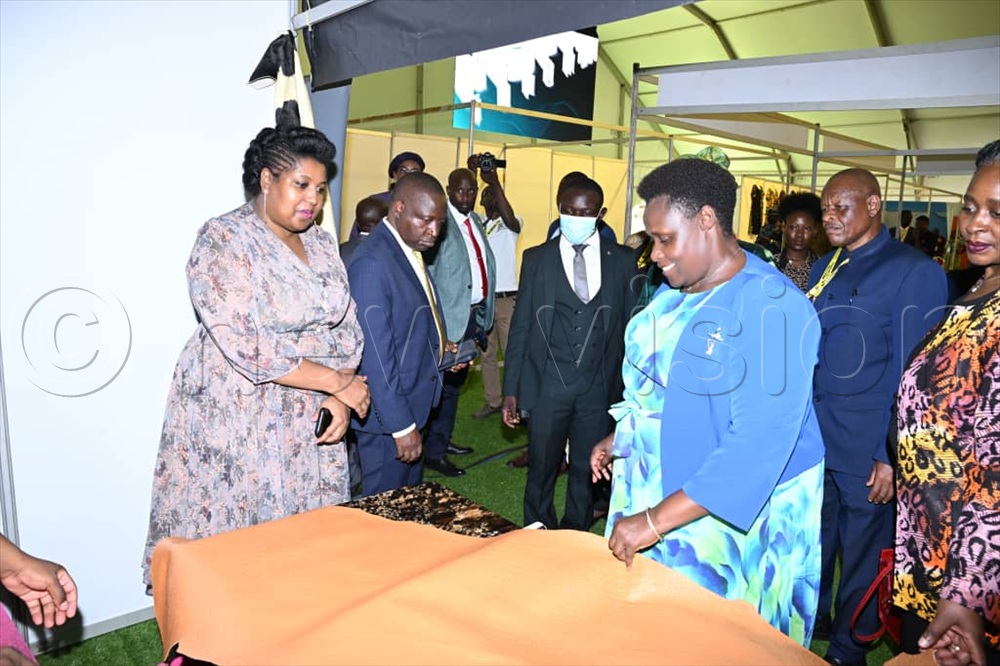
To support industrial expansion through manufacturing, Dr Patrick Birungi, the executive director of the Uganda Development Corporation, called for solutions to persistent bottlenecks such as unreliable electricity, high power costs and poor transport networks.
He said unlocking the sector requires a shift in how Africa mobilises and allocates investment, urging governments, development finance institutions and private investors to direct more resources to industries that add value, create jobs and strengthen export capacity.
More calls for support towards women and youth industrialists
At the same event, the United Nations Development Programme representative to Uganda, Nwanneakolam Vwede, called for increased investment in women-led industrial parks as a strategy for transforming women-owned enterprises across Africa.
Dr Grace Kabayo, secretary general of the Pan African Women Organisation (PAWO), said women are central to Africa’s productivity systems, including agriculture, processing, trade and value addition, but require financing facilities with fair repayment terms.
Other topics discussed at the summit included how women-led industries can tap into the African Continental Free Trade Area, opportunities in the mining sector, and training and financial literacy sessions involving bankers and women industrialists.